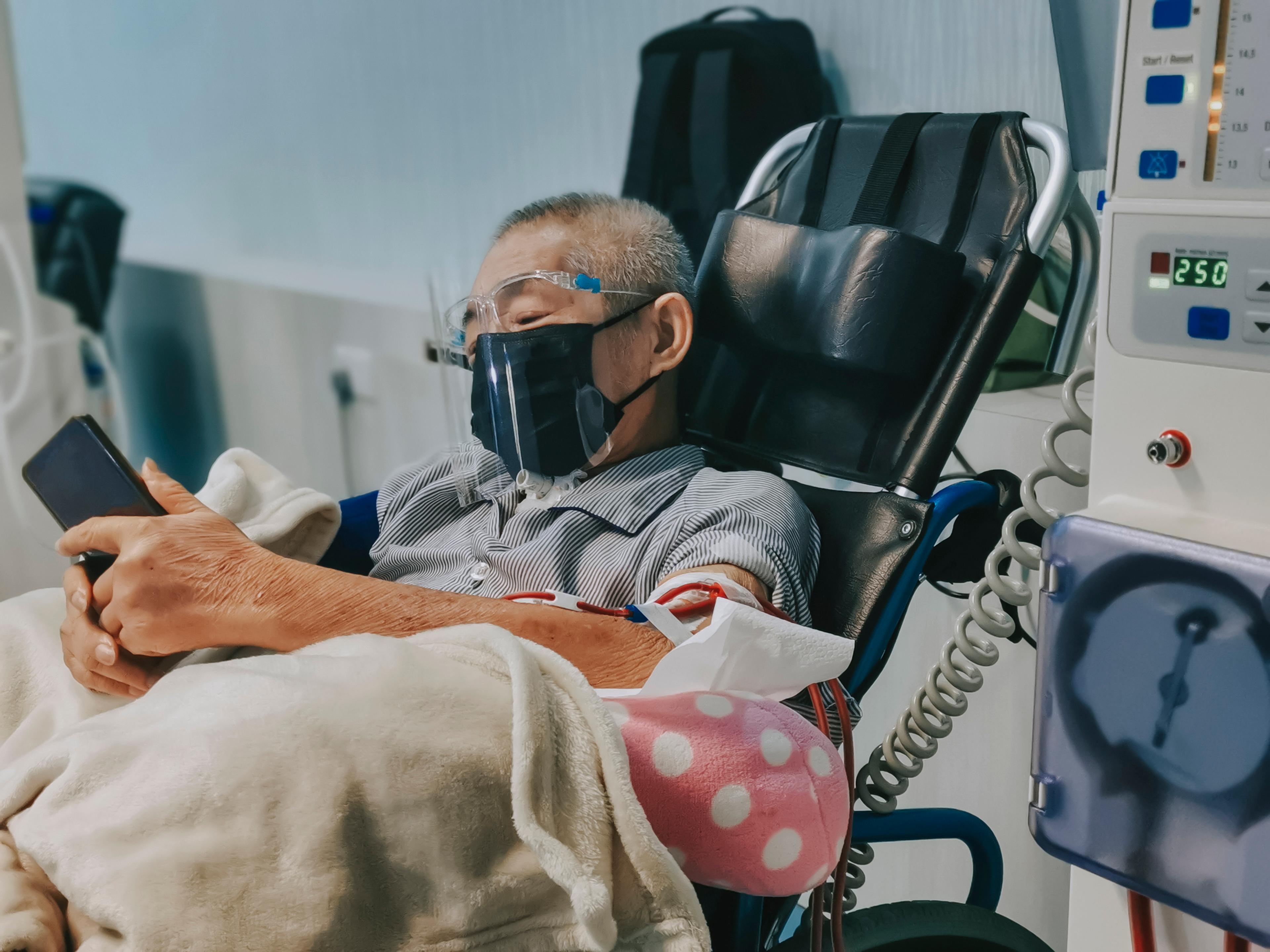The Importance of Diverse Organ Donors
Amy Barczy
| 3 min read
Amy Barczy is a former brand journalist who authored content at Blue Cross Blue Shield of Michigan. Prior to her time at Blue Cross from 2019-2024, she was a statewide news reporter for MLive.com. She has a decade of storytelling experience in local news media markets including Lansing, Grand Rapids, Holland, Ann Arbor and Port Huron.

More than 100,000 people are waiting for an organ donation today in the U.S. – and 60% of them are a racial or ethnic minority. Yet only 30% of all organ donors in 2021 represented a multicultural community. African American and Black individuals make up the largest group of minorities (28.5% of all candidates) in need of an organ transplant in the U.S.; yet the pool of potential donors does not match up. In 2020 12.9% of organ donors were African American/Black, according to the Office of Minority Health in the U.S. Department of Health and Human Services. Donors for kidney transplants are in the highest demand: 83% of individuals waiting for a transplant need a kidney, according to the Organ Procurement and Transplantation Network.
Diversity matters in organ donation
Organs are not matched to donors according to race and ethnicity, and it’s very common for a donor’s organs to be matched to a recipient of different ethnicity. However, there is a greater likelihood for a compatible match between donor and recipient if there are more individuals from a similar racial and ethnic background in the donor pool. That’s because some of the markers used to identify compatible organs – blood and tissue types, as well as immune system markers – are more likely to be found among members of the same ethnicity. Individuals in need of an organ transplant with rare genetic markers are more likely to find a compatible match among donors with the same ethnic background. That’s why advocates for organ donation are urging everyone – especially individuals from diverse ethnic and minority groups – to register as an organ donor. The more diverse the pool of organ donors, the greater the potential access to lifesaving transplants for everyone – and greater potential for a successful transplant.
Increased risk of organ failure among people of color
Often, individuals of color are more at risk for chronic diseases that could compromise their organs and make them candidates for an organ transplant:
- Communities of color including Latinos, Pacific Islander, Asian Americans and Native Americans are at an increased risk for kidney disease. Specifically, African American/Black individuals are three to four times more likely to have kidney failure compared to white individuals.
- Rates of chronic liver disease in Hispanic men and women are twice those of the white population in the U.S. Hispanic individuals are twice as likely to die from liver disease when compared to white individuals. Hispanic individuals are also underrepresented in the pool of organ donors. In 2020 14.6% of organ donors were Hispanic; yet 20.5% of candidates for an organ transplant are Hispanic.
- Asian Americans have higher rates of liver disease and hepatitis, which can put individuals at risk for organ failure and need for a transplant. In 2020 3.1% of organ donors were Asian; yet 8.5% of candidates for a transplant are Asian.
Organ donors are needed of all ethnicities and backgrounds. Learn more and sign up at organdonor.gov. More from MIBluesPerspectives:





